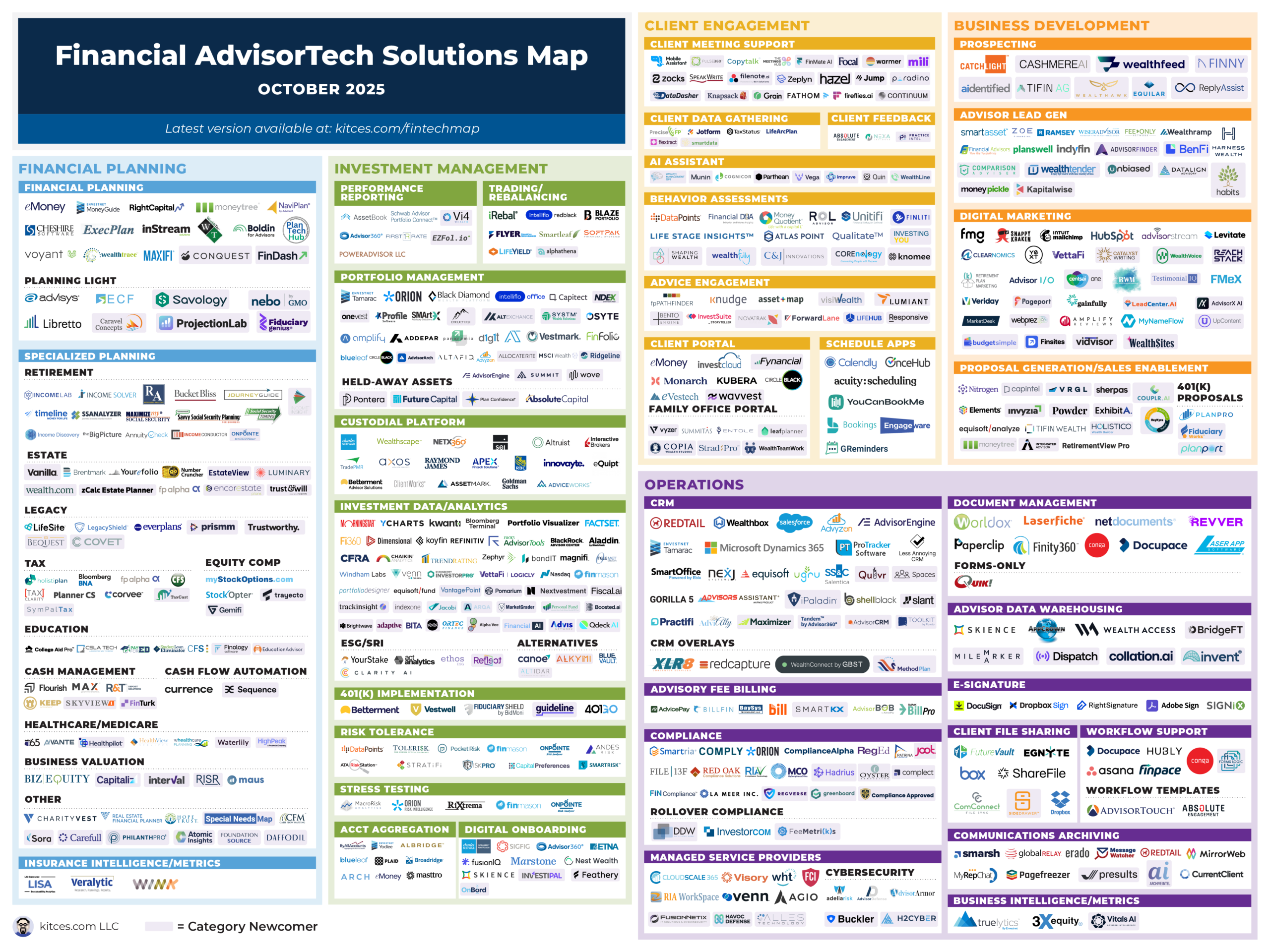Navigating the world of social security benefits can feel overwhelming. Two key programs, Social Security Disability Insurance (SSDI) and Supplemental Security Income (SSI), provide vital support to individuals with disabilities. Knowing how these programs work is essential for those seeking assistance.
SSDI is designed for individuals who have worked and paid into the social security system but are now unable to work due to a disability. On the other hand, SSI focuses on helping those with limited income and resources, regardless of work history. Both programs aim to provide financial stability during challenging times.
This guide breaks down the technical aspects of these programs in simple terms. It’s tailored for working adults who need clear, actionable information about their options. Whether you’re exploring benefits for the first time or preparing to apply, this article offers supportive guidance and authoritative insights.
We’ll walk you through the requirements, application processes, and common challenges. By the end, you’ll have a better understanding of how to access the support you deserve. For more resources, visit our blog.
Key Takeaways
SSDI is based on work credits and disability status.
SSI focuses on limited income and resources.
Both programs provide financial support for individuals with disabilities.
Understanding the differences helps in choosing the right program.
Clear, step-by-step guidance simplifies the application process.
Overview of SSI and SSDI Programs
SSI and SSDI are two federal programs designed to assist individuals with disabilities. While both provide financial support, they serve different purposes and have unique eligibility criteria. Understanding these programs can help you determine which one aligns with your needs.
What is Supplemental Security Income (SSI)?
Supplemental Security Income (SSI) offers basic financial assistance to individuals with limited income and resources. It is designed for older adults, blind individuals, and those with severe disabilities. SSI benefits start the first full month after eligibility is confirmed.
Key features of SSI include:
Automatic qualification for Medicaid in most states.
State supplements that can enhance support.
Income and resource limits to qualify.
What is Social Security Disability Insurance (SSDI)?
Social Security Disability Insurance (SSDI) is for individuals who have worked and paid into the social security system but are now unable to work due to a disability. Benefits are based on work credits, and there is a six-month waiting period after approval.
Key features of SSDI include:
Eligibility for Medicare after 24 months of receiving benefits.
Benefits for dependents in some cases.
Work credit requirements based on age and employment history.
Feature
SSI
SSDI
Eligibility Based On
Limited income and resources
Work credits
Benefit Start Date
First full month
After six-month waiting period
Health Insurance
Medicaid
Medicare (after 24 months)
Choosing the right program depends on your work history, income, and resources. For more detailed comparisons, visit our SSDI vs SSI guide.
Eligibility & Qualifications for SSDI and SSI: Key Considerations
Understanding the key factors that determine access to disability benefits is essential. Both programs have specific criteria that applicants must meet. These include financial limits, work history, and medical documentation. Let’s break down these requirements to help you prepare for a successful application.
Income and Resource Limitations
The Supplemental Security Income program uses a means test to evaluate financial eligibility. This test looks at both income and available resources. For an individual, the resource limit is $2,000, while for a couple, it’s $3,000.
Not all income is counted. Only income that reduces the SSI benefit amount is considered. Examples include wages, pensions, and other financial support. Resources like cash, bank accounts, and property are also evaluated.
Careful documentation of your financial situation is crucial. Review your records thoroughly before applying to ensure accuracy.
Work Credits and Medical Assessments
Social Security Disability Insurance relies on work credits earned through employment. The number of credits needed depends on your age and work history. Generally, you need 40 credits, with 20 earned in the last 10 years.
Medical documentation plays a vital role in proving disability. Applicants must provide detailed records of their condition. This includes doctor’s reports, test results, and treatment history.
Each case is unique, and thorough evaluation is necessary. Gathering all required documents in advance can streamline the process.
SSI uses a means test to assess income and resources.
Work credits are essential for SSDI eligibility.
Medical records must support the disability claim.
Accurate documentation is key to a successful application.
Detailed Requirements for SSI Eligibility
The Supplemental Security Income program has detailed requirements for applicants. These criteria ensure that benefits reach those who need them most. Understanding these rules is essential for a successful application.
Age, Blindness, and Disability Definitions
The SSA defines key terms to determine eligibility. An individual is considered aged if they are 65 or older. Blindness refers to vision impairment that cannot be corrected. A person is disabled if they have a severe condition that prevents work for at least 12 months or is terminal.
These definitions guide the evaluation process. Applicants must provide medical evidence to support their claims. This includes doctor’s reports, test results, and treatment history.
Citizenship and Non-Citizen Criteria
Citizenship status plays a significant role in SSI eligibility. U.S. citizens and certain qualified aliens may qualify. Non-citizens must meet specific legal statuses, such as being a Lawful Permanent Resident for at least five years.
Exceptions exist for certain groups, including refugees and asylees. These individuals may qualify without the five-year rule. Special humanitarian considerations also apply in some cases.
Category
Criteria
Aged
65 years or older
Blind
Vision impairment that cannot be corrected
Disabled
Severe condition lasting 12+ months or terminal
Citizenship
U.S. citizen or qualified alien
Non-Citizen
Lawful Permanent Resident for 5+ years
Accurate record-keeping is crucial. Applicants must provide proof of age, medical condition, and citizenship status. For more detailed guidance, visit our video center.
Mastering the Application Process for SSDI and SSI
Applying for disability benefits can seem complex, but breaking it down step-by-step makes it manageable. Whether you’re applying for Supplemental Security Income (SSI) or Social Security Disability Insurance (SSDI), understanding the process is key to success. Both programs require careful preparation and accurate documentation.
How to Apply for SSI Benefits
To apply for SSI, start by gathering your financial and medical records. These include proof of income, bank statements, and medical reports. You can apply online, by phone, or in person at your local Social Security office.
Here’s a step-by-step guide:
Complete the online application or call the Social Security Administration at 1-800-772-1213.
Provide detailed information about your income, resources, and living arrangements.
Submit medical evidence to prove your disability.
Certain applicants, such as children or those with limited access to technology, may need to apply in person. Ensure all forms are filled out accurately to avoid delays.
How to Apply for SSDI Benefits
Applying for SSDI involves proving your work history and disability status. Begin by collecting your work records, medical documentation, and proof of identity. You can apply online or visit a local Social Security office.
Follow these steps:
Visit the Social Security Administration’s website to start your application.
Provide details about your employment history and medical condition.
Submit supporting documents, such as W-2 forms and doctor’s reports.
Applications are processed faster when all required information is provided upfront. For more details, check out our guide on qualifying disabilities.
Overcoming Common Setbacks in the Application Process
Denied claims are a common setback, but they can be appealed. If your application is denied, review the decision letter carefully. It will explain why your claim was rejected and how to appeal.
Here are some strategies to overcome setbacks:
Gather additional medical evidence to strengthen your case.
Submit your appeal within 60 days of receiving the denial notice.
Consider seeking assistance from legal professionals or advocacy groups.
Timely submissions and detailed record-keeping are crucial. Keep copies of all forms and correspondence with the Social Security Administration. For further help, contact your local office or visit their website.
Conclusion
Securing financial support through disability programs requires clarity and preparation. Understanding the key differences between programs ensures you choose the right one. Income, work credits, and medical assessments play a vital role in determining access to benefits.
Detailed documentation is essential. Accurate records of your financial situation, work history, and medical condition streamline the process. Timely applications and thorough record-keeping increase your chances of success.
If your case seems complicated, seek expert guidance. The Social Security Administration and legal professionals can provide valuable support. With the right preparation, you can navigate the process confidently and secure the benefits you deserve.
FAQ
What is Supplemental Security Income (SSI)?
Supplemental Security Income (SSI) is a federal program providing financial assistance to individuals with limited income and resources who are aged, blind, or disabled. It is designed to help meet basic needs like food, clothing, and shelter.
What is Social Security Disability Insurance (SSDI)?
Social Security Disability Insurance (SSDI) is a program offering benefits to workers who have paid into the Social Security system and are unable to work due to a qualifying disability. It is based on work credits earned through employment.
What are the income and resource limits for SSI?
SSI has strict income and resource limits. For 2023, an individual’s countable resources must not exceed ,000, and a couple’s resources must stay under ,000. Income limits vary based on living arrangements and other factors.
How do work credits affect SSDI eligibility?
SSDI eligibility depends on work credits earned through employment. Generally, you need 40 credits, with 20 earned in the last 10 years. Younger workers may qualify with fewer credits.
What defines a disability for SSI or SSDI?
A disability is defined as a medical condition that prevents you from engaging in substantial gainful activity and is expected to last at least 12 months or result in death. The condition must meet the Social Security Administration’s criteria.
Can non-citizens qualify for SSI?
Certain non-citizens may qualify for SSI if they meet specific criteria, such as being a lawful permanent resident, refugee, or asylee. They must also meet all other program requirements.
How do I apply for SSI benefits?
You can apply for SSI benefits online, by phone, or in person at your local Social Security office. Be prepared to provide documentation about your income, resources, and medical condition.
How do I apply for SSDI benefits?
SSDI applications can be completed online, by phone, or at a Social Security office. You’ll need to provide medical records, work history, and other supporting documents.
What are common setbacks in the application process?
Common setbacks include incomplete applications, insufficient medical evidence, and missed deadlines. Working with a legal professional can help avoid these issues and improve your chances of approval.






![North Carolina Personal Injury Statute of Limitations [2025 Updated] North Carolina Personal Injury Statute of Limitations [2025 Updated]](https://www.bridgmanganttlaw.com/wp-content/uploads/2025/09/north-carolina-personal-injury-statute-of-limitations.webp)

















